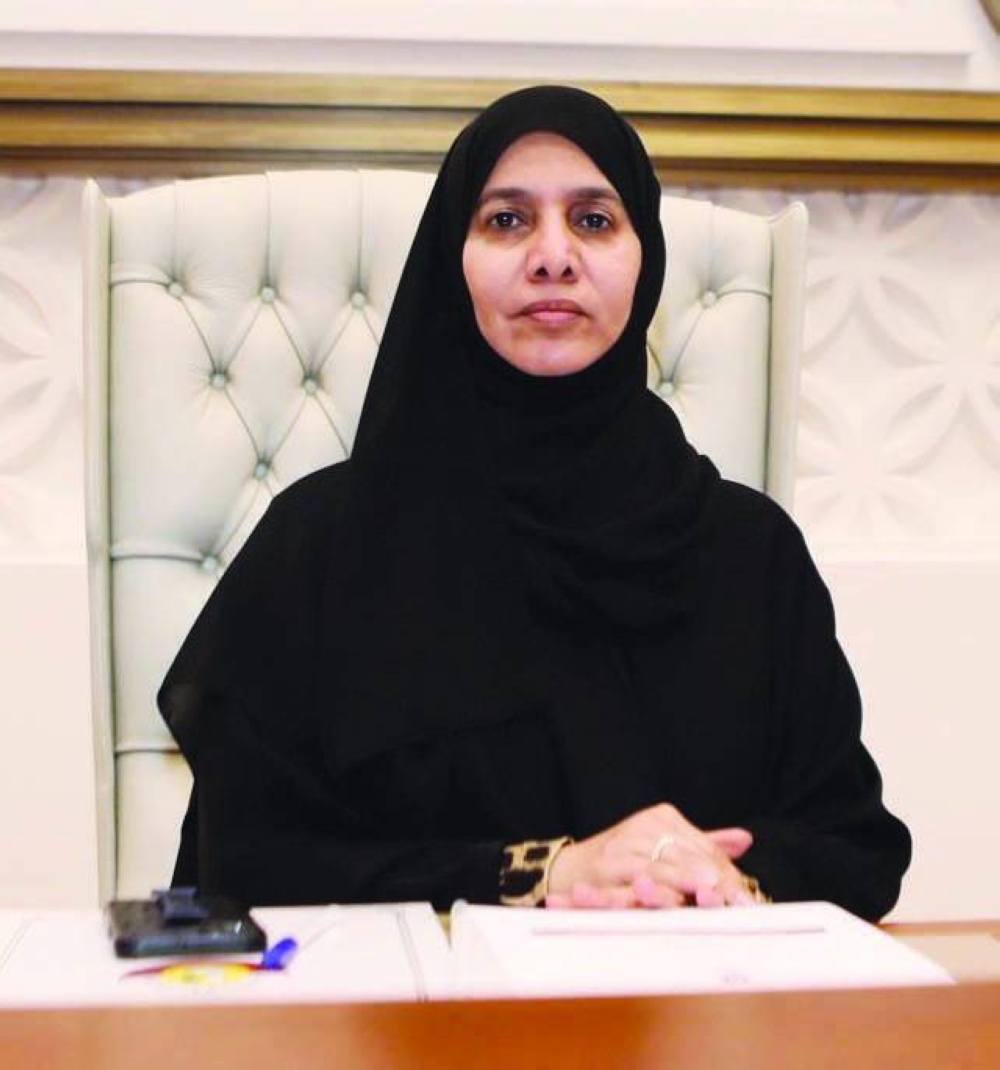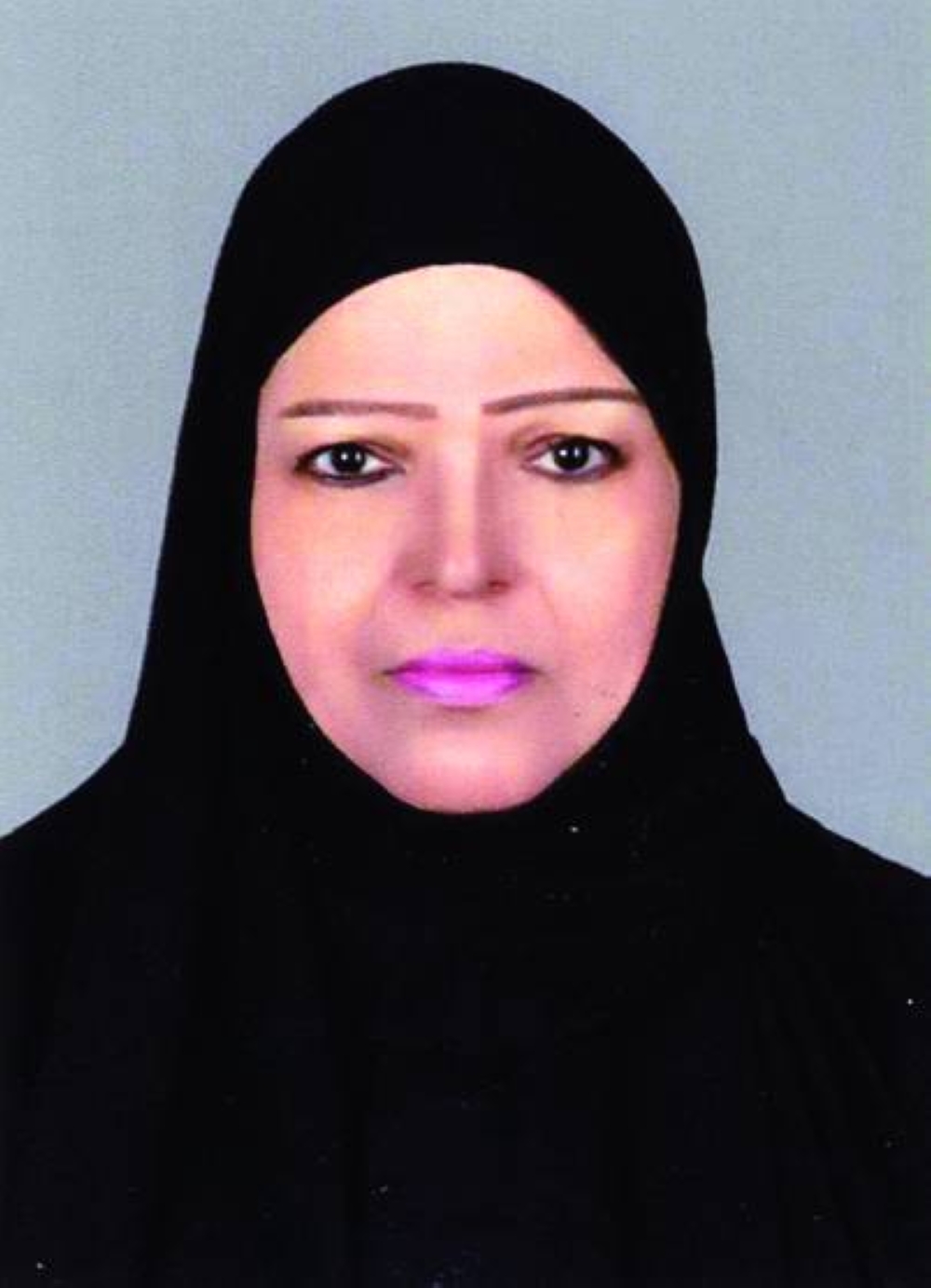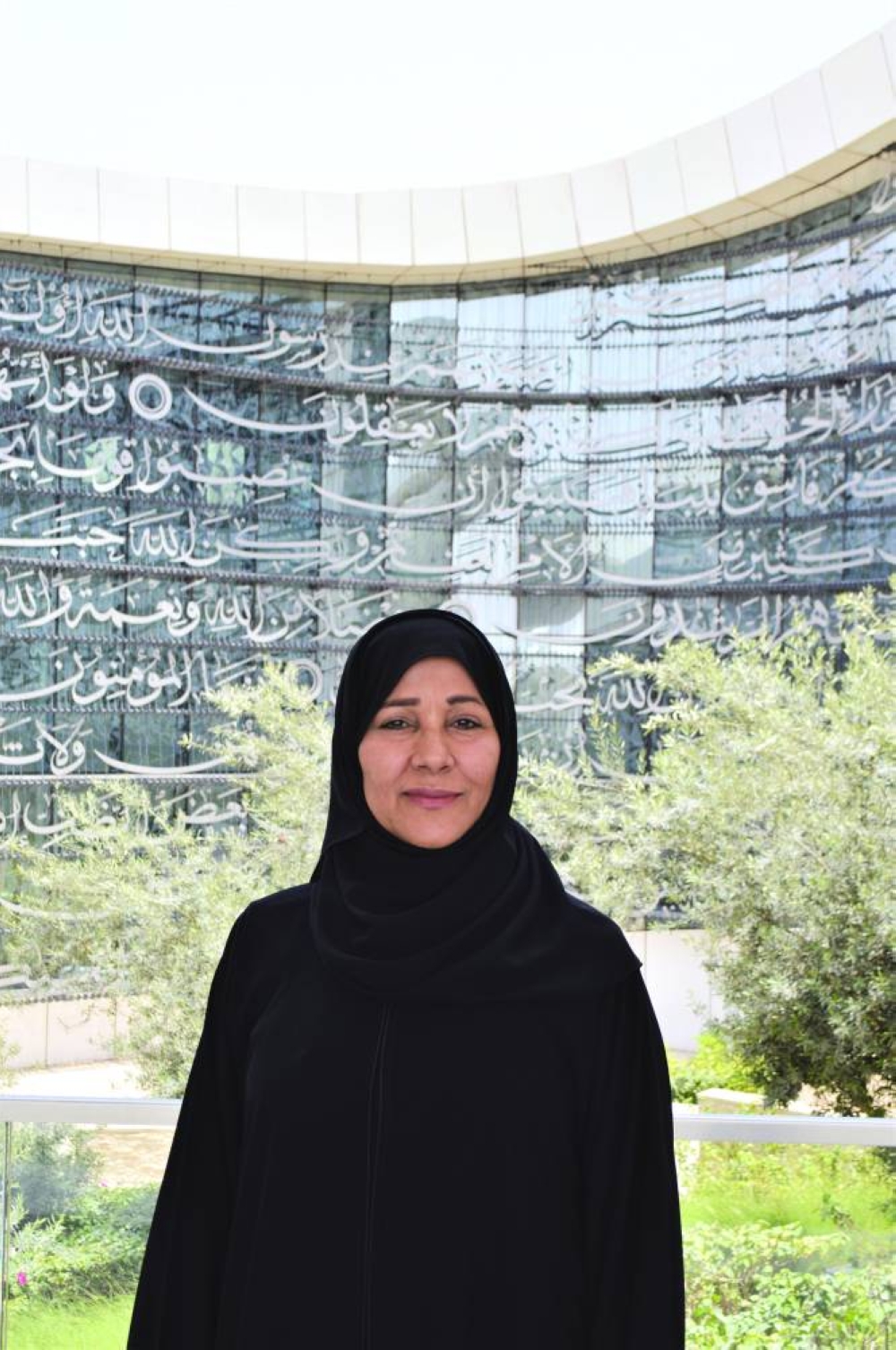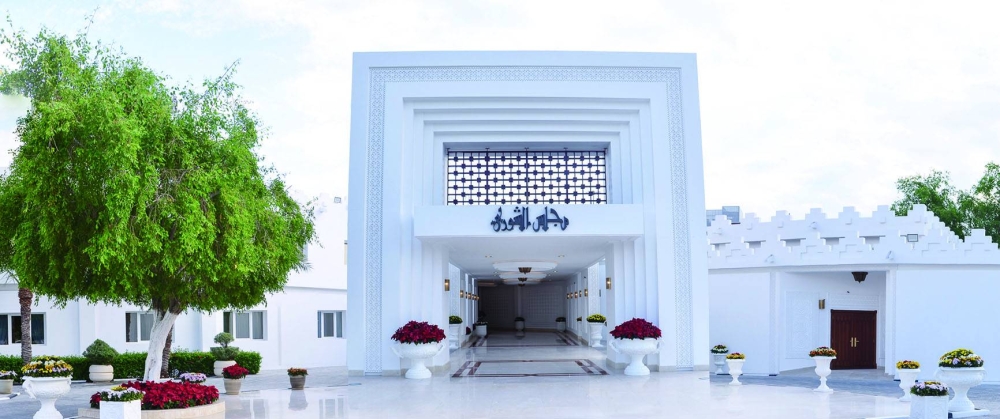Women in Qatar have made great strides in all fields. They have reached the highest levels in science, and participated and excelled in many businesses and sectors. In parliamentary life, the Qatari woman competed vigorously and effectively, and built great confidence between herself and her constituents, and proved to be inspiring and prominent in every role she played, from her home to the highest position she reached, and she continues to work to enhance the nation’s elevation and the well-being.
Qatar has adopted policies that support women’s access to leadership positions, develop their capabilities and enable them to participate economically and politically, especially those related to decision-making, and qualifying them to exercise their electoral right. Consequently, the percentage of women voting in the Central Municipal Council sessions ranged from 40-48% of the number of voters.
The participation of Qatari women in the electoral process (as voters and candidates) reflects the direction of the state and the wise leadership in promoting women’s rights, allowing them to play their role in the renaissance of society, and to contribute positively to the development of their country after becoming an active and effective partner in nation-building. It was only natural for HE Dr Hamda bint Hassan al-Sulaiti to assume the position of Deputy Speaker of the Shura Council, after she won the confidence of the members.
It is noteworthy that the elections for the 7th Central Municipal Council (CMC) election will be held on June 22, and it is expected that it will witness a large turnout of Qatari women as voters, as well as candidates, like all previous sessions.
In this regard, the member of the Shura Council Sheikha bint Yousef al-Jufairi expressed her pride in what Qatari women have achieved in all fields, the most important of which is popular participation, after having participated in the electoral process as a voter and candidate, whether in the Municipal Council or the Shura Council, reflecting the great awareness and keenness to make the electoral process, and her participation in decision-making success.
She stressed that popular participation is not new in Qatar, and it is applied in a way that achieves stability, prosperity and development for the state, and the well-being of citizens, adding that the wise leadership has taken very important steps to enhance women’s participation in decision-making, construction and development, alongside men.
She noted that running for elections is a great responsibility, as the member of the Shura Council or the Municipal Council carries on his shoulders the concerns of serving the citizens and taking care of the affairs of the constituency.
The Shura Council member expressed her hope that the percentage of women running for the upcoming municipal council elections would increase, noting that she was the only woman in the council during the second, third, fourth and fifth sessions, then Fatima al-Kuwari accompanied her in the sixth session.
She added that the chances of women winning the elections are great. Given the unlimited support given by the wise leadership to women and their encouragement in all fields, stressing that Qatari women have been able to enter all areas of political, security, military, judicial and social work, achieving success after success, she said that the popular participation has opened the doors to community dialogue, and to reviewing the programmes of candidates, and success in this process has become the ally of those who convince the voter of his programme.
The Shura Council member pointed out that winning the elections is based on adherence to the laws, the development of appropriate programmes that are compatible with the needs of the constituency, the need for voters to participate in these programmes, constant communication with male and female voters before and after the voting process, and communication and building bridges with various media outlets, in addition to co-operation with members for the interest of the country and the citizen.
She praised the great co-operation and positivity with which state institutions deal with the proposals and recommendations of the elected councils, and the role of these authorities in the success of the work of these councils.
She also emphasised that Qatari women have proven their ability to carry out their family and job tasks to the fullest, wishing them victory in the Central Municipal Council elections, which are only a few days away.
It is noteworthy that Al-Jufairi is the first woman elected to the Central Municipal Council, and she won in five consecutive sessions. She has won many awards in Qatar, Kuwait, Bahrain, Oman and other Arab and European countries.
For her part, the Director of the Centre for Muslim Contributions to Civilisation at Hamad Bin Khalifa University, Dr Aisha bint Youssef al-Mannai, who is also a former member of the Shura Council and the Arab Parliament, affirmed that the participation of Qatari women in legislation, decision-making and monitoring government performance through elected councils is a great gain.
She pointed out that Qatari women have achieved many things in all fields, stressing that their participation is always effective and influential, whether in nominating themselves or in electing whoever they deem appropriate.
Dr al-Mannai stressed that no parliamentary experience can be fully successful without the presence and participation of women, as is the case with every matter (private or public) given it is an essential element that cannot be overlooked, just like the man, noting that state institutions pay attention to the recommendations of the elected councils, and co-operate ideally with the members, and this is important for the work and success of those councils, which provide advice in their recommendations on what they see in the eyes of the people and the reality in which they live.
She called on Qatari women to seize the opportunity always available to them to use the right to run for candidacy. If she finds within herself the ability to enter the Municipal Council or the Shura Council, then if she does not wish, then she must and has the right not to leave electing whoever she deems appropriate for that membership, who will represent the constituency to which she belongs, in order to consolidate the foundations adopted by the constitution, especially since the state has provided all the facilities and guarantees that It would facilitate and conduct the electoral process without hardship and effort.

HE the Deputy Speaker of the Shura Council Dr Hamda bint Hassan al-Sulaiti

Sheikha bint Yousef al-Jufairi

Dr Aisha bint Youssef al-Mannai

